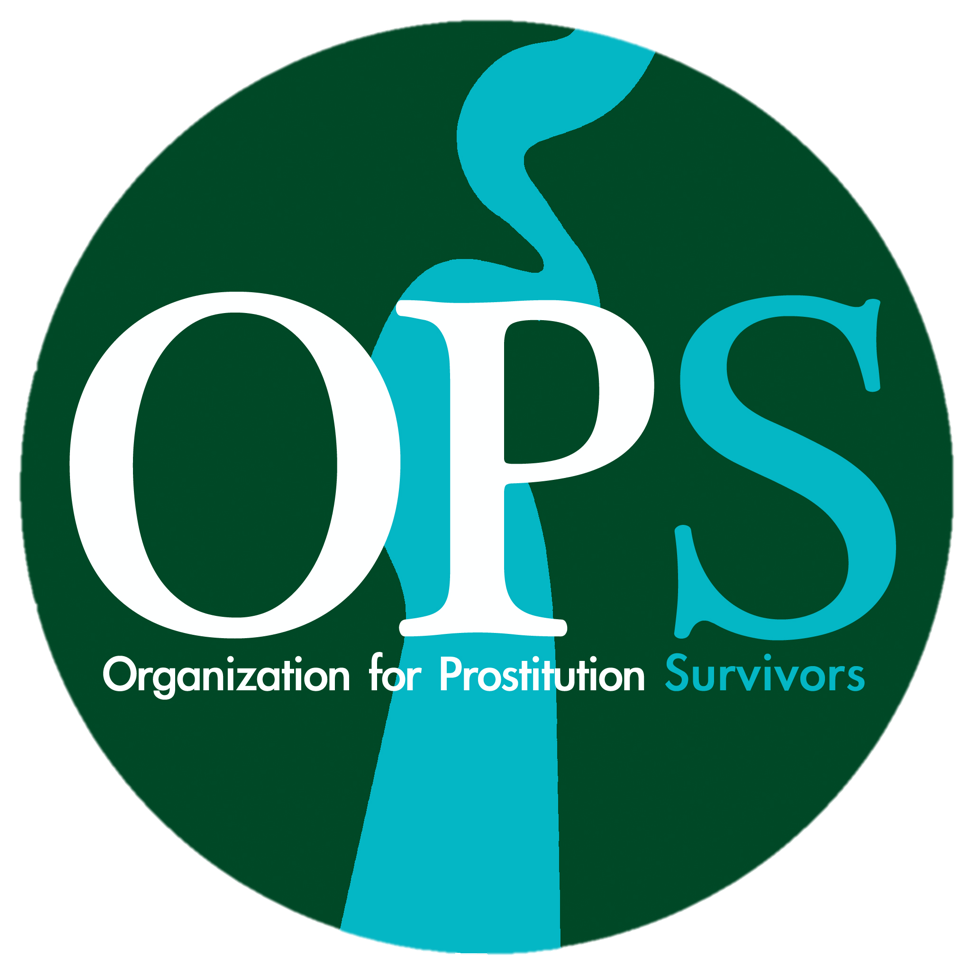Learning to Say No After CSE: Prioritizing Your Needs and Protecting Yourself
After a life in commercial sexual exploitation (CSE), it can be incredibly challenging to set boundaries and put your own needs first. In many cases, CSE survivors have learned that their bodies were not their own, which can make saying no after experiencing trauma even more difficult. But remember, it's not only okay, but necessary, to prioritize your own needs and safety.
The Importance of Learning to Say No After CSE
Learning to say no after enduring CSE is a crucial part of healing and protecting yourself. Unfortunately, re-victimization, or experiencing trauma again, is a common outcome of any abuse. For example, if you were sexually assaulted at a young age, you may have grown up with low self-esteem or struggled to stand up for yourself in similar instances because your boundaries had already been crossed.
In high-stress situations, it's not uncommon to dissociate, making it challenging to think clearly and rationally. However, there is hope. With therapy and support from others who provide safe spaces for us to be open and vulnerable, we can learn to address these wounds and reclaim our ability to say no.
We Need Time, Patience, and Practice
Learning to say no after CSE is a skill that takes time to develop. It's essential to give ourselves the necessary time to learn and grow. Setting boundaries may be a new experience for some survivors, and it calls for patience with ourselves. It's normal to experience setbacks along the way, but with time, patience, and practice, we can become better at asserting our boundaries.
In the beginning, you might find yourself saying no to everyone and everything. This may be an overcorrection to ensure that you don't send mixed messages, especially to family members. But as you continue on your healing journey, you will find the balance that feels right for you.
Stop, Take a Breath, and Ask for Time to Think
Remember, you don't have to provide an immediate response when someone asks something of you. Take a moment to breathe and consider your options. It's perfectly acceptable to say, "Let me think about it." Developing meditation skills can also be helpful in slowing down our minds, allowing us to respond intentionally rather than reactively. This is particularly valuable when dealing with difficult individuals who excel at pushing your buttons.
When you do say no, you have the choice to provide a clear reason if you decide to. However, it's equally important to remember that you don't owe anyone an explanation. Once you have made your decision, try to stick to it and let go of any guilt or second-guessing.
Embracing the Challenges and Building a Support System
Choosing to say no may come with consequences such as losing toxic family or friends who were accustomed to relying on you. Remember that those who remain in your life after setting boundaries are your true allies and supporters. They are the individuals who prioritize your wellbeing and contribute to a healthy and positive environment. Nurture these relationships and gently release the negative ones.
It's natural to feel fears, doubts, and insecurities when making these changes. If you find yourself overwhelmed or triggered by past traumas, it's highly recommended to seek professional support. They can help guide you through these challenging moments while providing the necessary tools for healing.
Start Small and Build Confidence
Taking the first step can be terrifying, so start small. Practice saying no to strangers or minor requests and gradually build your confidence. Create a list of individuals with whom you feel comfortable asserting boundaries and practice with them. As you gain experience, you will develop the resilience needed to say no to those closer to you and in more significant situations.
Remember, you don't owe anyone anything. Embrace the empowering statement that you have the right to prioritize your own needs and wellbeing.
Seek Advice and Use Your Support System
If you ever feel unsure or doubt your decisions, seeking advice from our staff can provide clarity. Talking it through with someone you trust can shed new light on the situation and help you make informed choices. Building a support system of compassionate individuals who have your best interests at heart is crucial during this journey.
Acknowledge Your Feelings and Focus on the Positive
While learning to say no can bring up feelings of guilt, anxiety, and disappointment, it's important to give yourself time to process and navigate these emotions. As you continue to prioritize yourself, you may experience a mix of guilt and pride. Choose to focus on the positive aspects of putting your needs first and remind yourself that you deserve to be heard and respected.
Remember, learning to say no can be uncomfortable but incredibly empowering. Through this process, you will discover who truly respects your boundaries and find the support system that empowers your growth. Consistency is key, and as you continue to ask yourself, "What do I need right now?", you will strengthen your ability to stand your ground and advocate for yourself.



